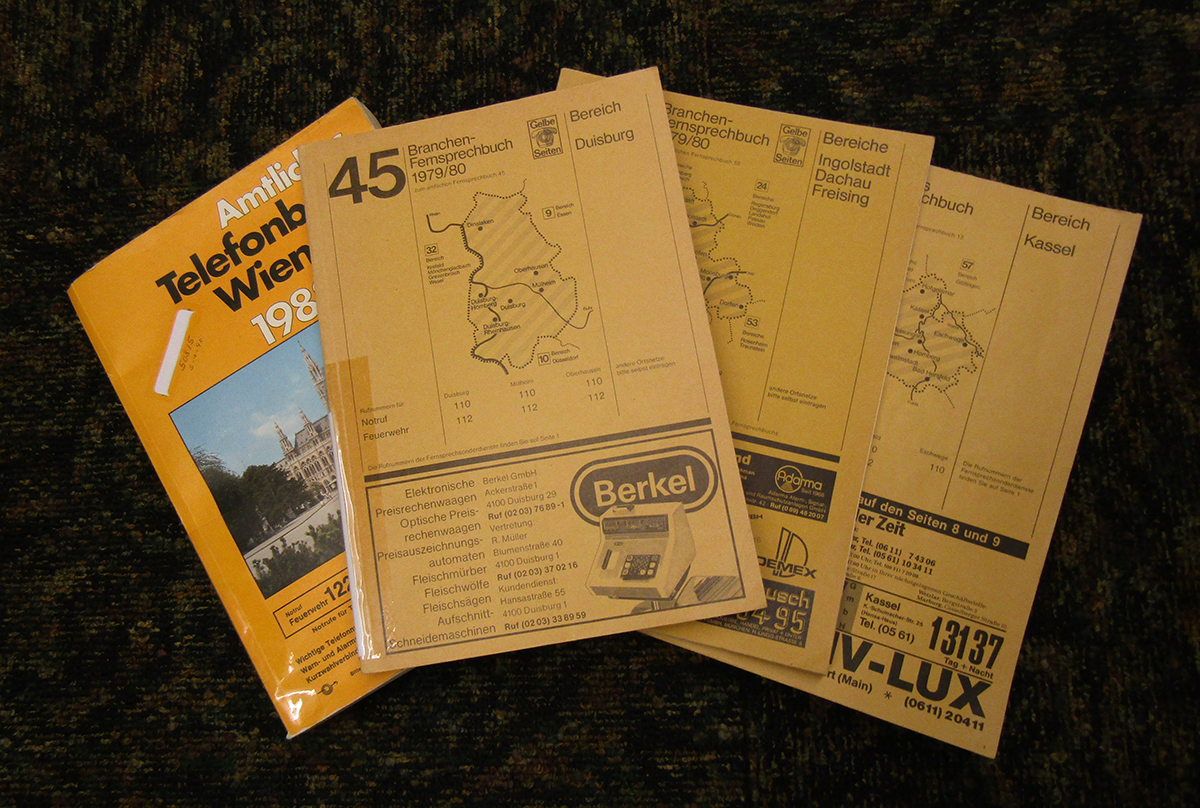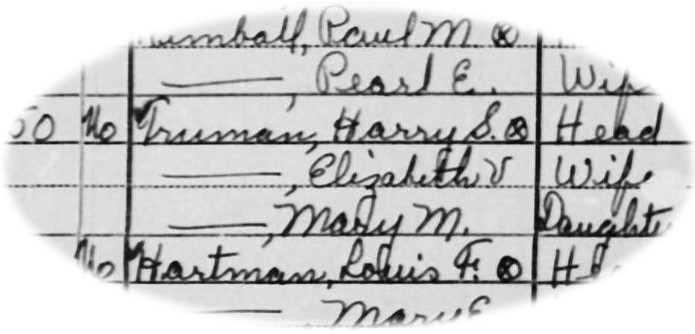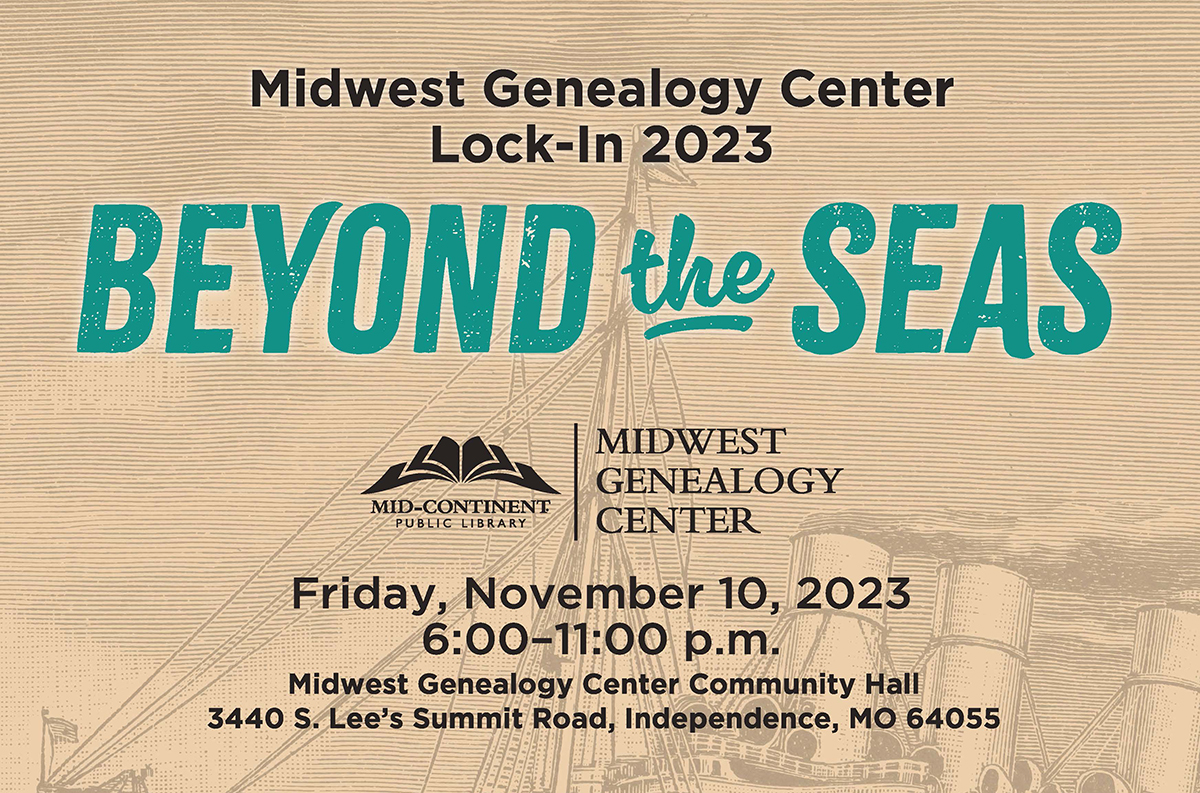
April 10, 2024
When I found Polly Lutgert in the summer of 1800 in Augusta, Georgia, her marriage had fallen apart. She wanted everyone to know whose fault it was, so she had a notice published in the Augusta Herald calling her husband, John Charles Lutgert, a “dirty Dutchman,” who was a “squint ey’d … marked with the small pox,” and “knock kneed, hump’d back, […] fool.” Polly granted him “uninterrupted ingress, egress, and regress, into any parts of the world my bed only excepted.” It’s safe to assume it was not an amicable break-up.
Who among us doesn’t have at least one unhappy marriage in our family line?
Divorce laws in America have changed over time, with each state having different rules. We must dig into the laws and customs specific to the time and place in which we are searching.
Keep in mind that a divorce may not have occurred where or when you’d expect. Desperate ancestors often traveled to a state with more permissive residency requirements or grounds for divorce, where they could do so without their spouse’s knowledge. Also, it’s important to remember that divorces did not always occur immediately after a separation — or, for that matter, prior to an ancestor’s next marriage!
A good place to find clues about an ancestor’s divorce is to start with their marriage records – they may indicate that one spouse (or both!) had a previous marriage. HeritageQuest Online, accessible from home with an MCPL Library card, is a great online resource for searching U.S. census records. Check the relation to the head of household and children's last names for hints. Also, starting in 1880, look for a “D” for Divorced in the marital status column. When exploring probate records, you may find children from a previous marriage listed among the heirs or financial responsibilities tied to a former spouse.
The local gossip and court notice sections of newspapers can be excellent sources of detailed information. At the Midwest Genealogy Center, databases like Newspapers.com Library Edition and America’s Historical Newspapers are excellent resources for this. Like Polly, many of our ancestors posted public notices when separating or after a divorce was granted. You may also find them publicly declaring they will not pay any debts accrued by a runaway or adulterous spouse who eloped.
Early divorces are recorded in state legislature petition records, often held by state archives and libraries, with some published in books like Tennessee Divorces, 1797-1858. While often incredibly helpful, court records may be sealed or inaccessible for privacy reasons. They are commonly found in courthouses or local and county archives, but some indexes and case files are available online. Due to the narrative nature of these records, they can be invaluable for airing our ancestors’ dirty laundry but also for providing deeper insight into their personal thoughts and feelings.
Though at times unpleasant, divorce and separation records can often teach us far more about our ancestors than just how their marriage ended. They deserve to have their full stories told.
Chelsea C.
Midwest Genealogy Center
Read Similar Blogs:
Genealogy







